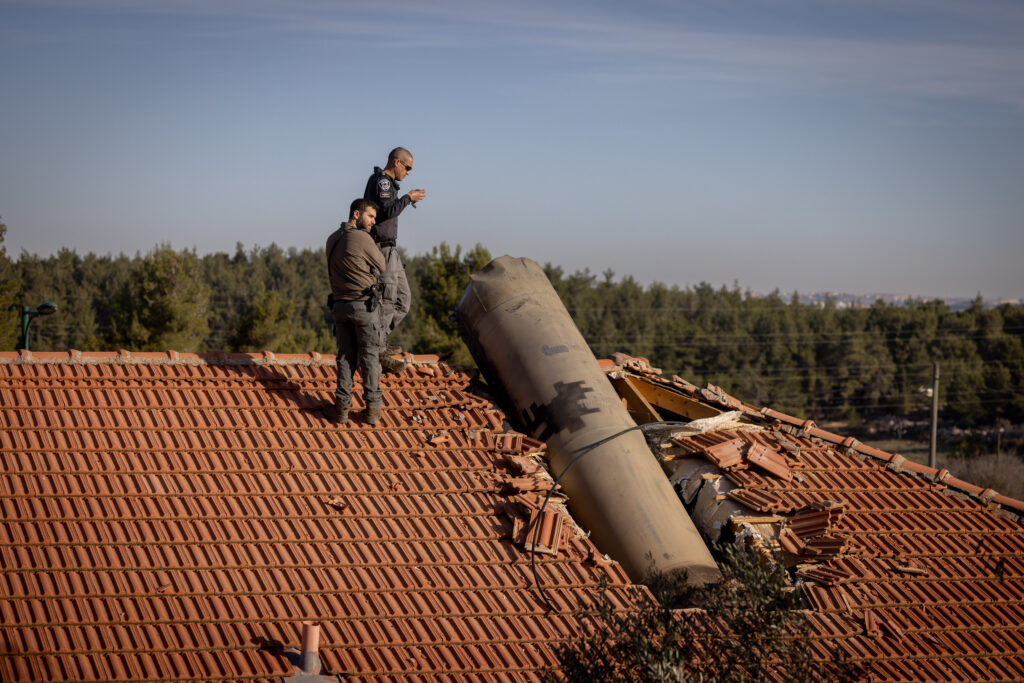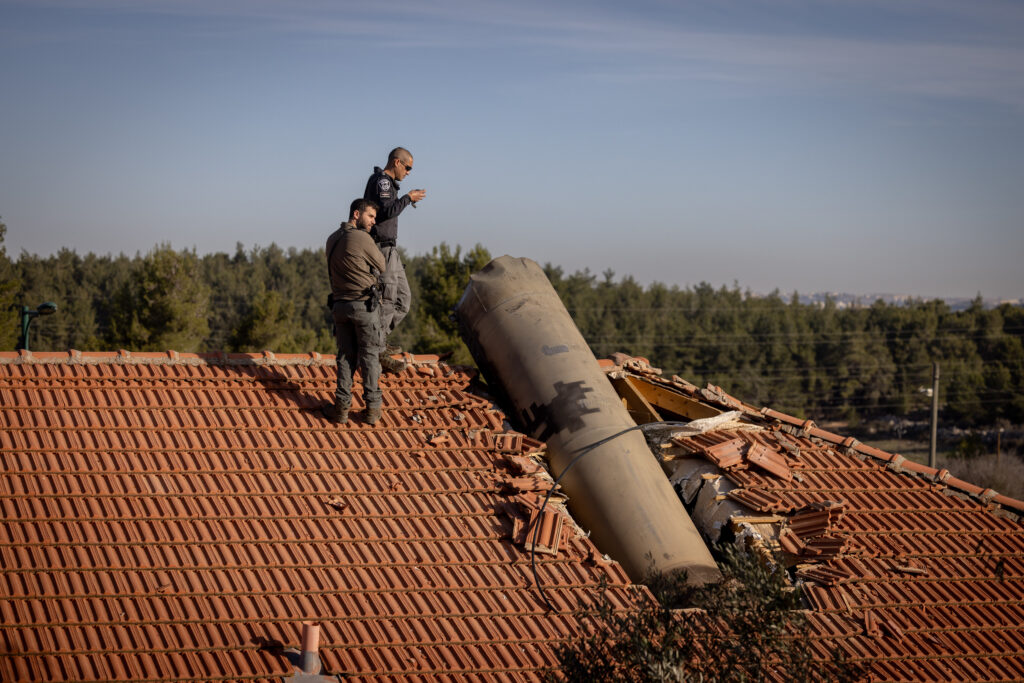
EXPOSED: Iran’s Master Plan: Houthi Attacks Revealed as Plot to Overthrow Egypt
For months, governments and military analysts worldwide have grappled with a troubling question: Why are the Houthis, an Iranian proxy terrorist group in control of southern Yemen, attacking international shipping vessels? The attacks began in October 2023 after the Hamas attack on Israel and have disrupted global commerce, driven up shipping costs, and forced major carriers to abandon Red Sea routes – yet their strategic purpose has remained elusive. While the Houthis claim to be acting in solidarity with Palestinians, their targeting of South Korean, Greek, and Russian vessels has puzzled experts and policymakers alike. Why are the Houthis attacking ships with no connection to Israel or the Gaza conflict?
Now, Rabbi Pesach Wolicki, Executive Director of Israel365 Action, has uncovered evidence suggesting a far more strategic goal: the collapse of Egypt’s government.
Drawing on intelligence from veteran Israeli journalist Yehoshua MeIri, Wolicki reveals that the Houthi campaign to disrupt shipping through the Red Sea appears designed to strangle Egypt’s economy by cutting off vital Suez Canal revenue. This strategy, he argues, is part of Iran’s broader plan to destabilize and potentially overthrow one of the region’s key U.S. allies.

“The Iranians are trying to topple the Egyptian government,” Wolicki explains, pointing out that the attacks on international shipping only make sense as part of this larger strategy to force vessels away from the Suez Canal.
The economic pressure comes as Iran has dramatically expanded its Shiite influence within Sunni-governed Egypt. According to Meiri, who served as a correspondent in Cairo, Iran’s strategy involves systematically converting Egypt’s southern regions from Sunni to Shiite Islam through targeted humanitarian aid and educational programs. In these areas, Iranian-funded initiatives provide economic support and religious education, gradually shifting the population’s loyalty from Egypt’s Sunni leadership toward Iran’s Shiite regime.
Most alarmingly, M’Iri reveals that the majority of Egypt’s army now consists of soldiers from these Iranian-influenced southern regions – meaning that Egypt’s traditionally Sunni military is increasingly staffed by soldiers from areas with growing loyalty to Shiite Iran. This unprecedented demographic shift within Egypt’s armed forces represents a potential time bomb under President Al-Sisi’s Sunni government.
The situation has become so critical that Israeli Prime Minister Benjamin Netanyahu has reportedly reached out to former U.S. President Donald Trump, seeking urgent economic aid to prevent Egypt’s government from collapsing.
This analysis provides the first coherent explanation for why Houthi forces have targeted international shipping seemingly unrelated to their stated goal of supporting Palestinians in Gaza. Rather than random acts of maritime terrorism, these attacks appear to be part of a sophisticated Iranian strategy to reshape the region’s power structure by toppling Egypt’s government through economic warfare.
If successful, such a strategy could fundamentally alter the Middle East’s balance of power, threatening Egypt’s peace treaty with Israel and potentially placing an Iranian-aligned government in control of both the Suez Canal and Israel’s southern border.
The implications of an Iranian-controlled Egypt would be catastrophic for regional stability and global security. Egypt, currently a U.S. ally and the Arab world’s most populous nation, serves as a cornerstone of American influence in the Middle East and maintains a critical – though shaky – peace treaty with Israel. Its fall to Iranian influence would not only place Israel’s southern border under direct threat from yet another Iranian proxy but would also give Tehran control over the Suez Canal – one of the world’s most crucial maritime chokepoints. This would effectively transform the Middle East into an Iranian-dominated region, dramatically reducing American influence, threatening global shipping routes, and potentially forcing Israel to confront hostile forces on all of its borders. As Rabbi Wolicki’s analysis suggests, what began as seemingly inexplicable attacks on shipping vessels may actually be the opening moves in Iran’s boldest bid yet for regional dominance.
The post EXPOSED: Iran’s Master Plan: Houthi Attacks Revealed as Plot to Overthrow Egypt appeared first on Israel365 News.
Israel in the News